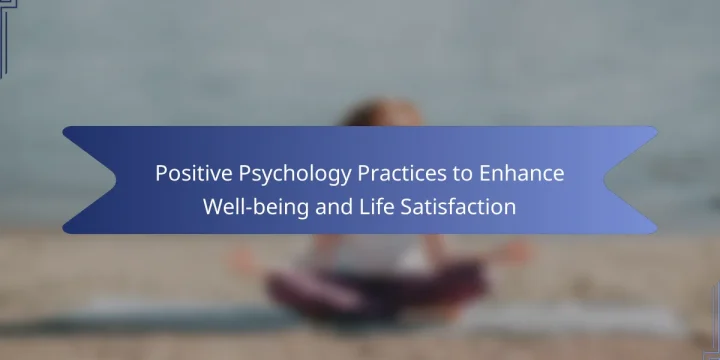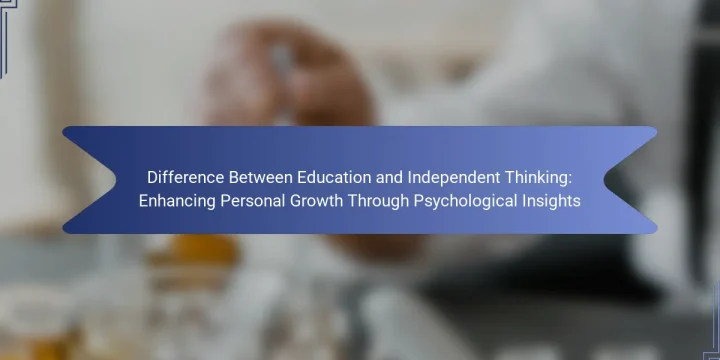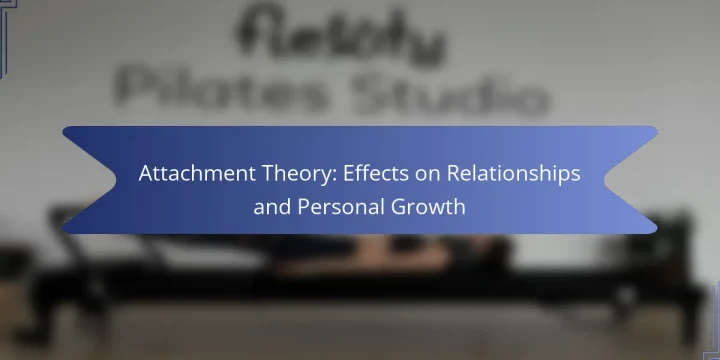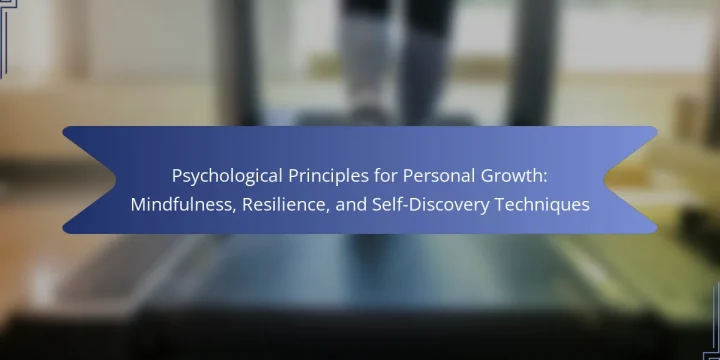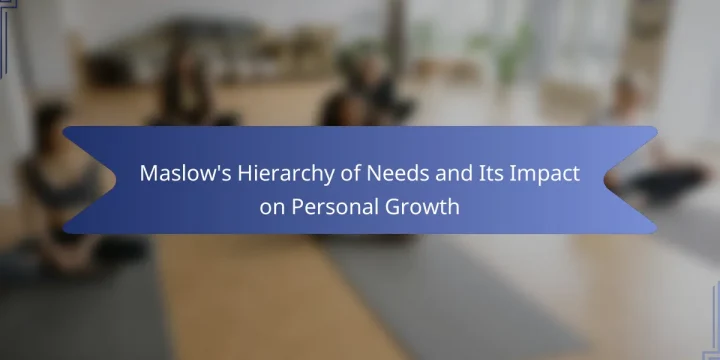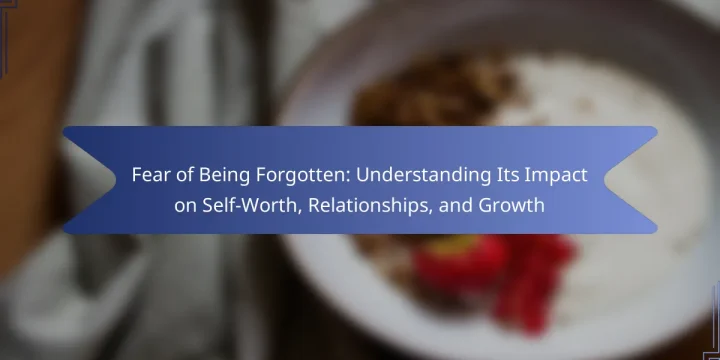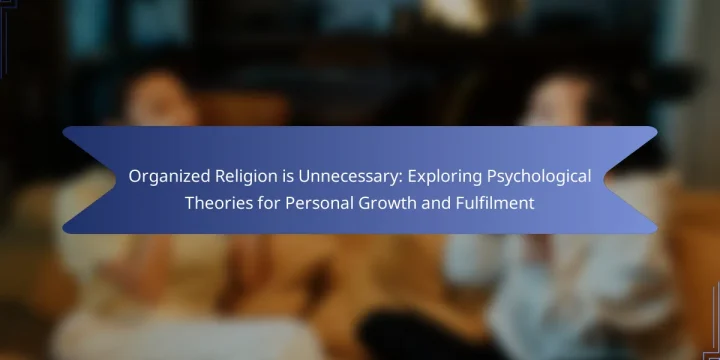
Many individuals seek personal growth and fulfillment outside the confines of organized religion. This exploration highlights psychological theories like self-actualization, autonomy, and emotional intelligence. It examines unique frameworks such as humanistic psychology and existentialism that prioritise individual meaning. Additionally, actionable strategies for personal development are discussed, emphasising self-awareness and community engagement. Key sections in the article: Toggle Why is Organized Religion Considered Unnecessary for Personal Growth?What psychological theories support the idea of personal development outside organized religion?How does the absence of organized religion influence individual fulfillment?What are the universal psychological principles applicable to personal development?How do self-actualization and Maslow’s hierarchy relate to personal growth?What role does cognitive-behavioral theory play in fostering personal development?What unique psychological systems challenge traditional religious frameworks?How does positive psychology redefine happiness without organized religion?What insights does…
